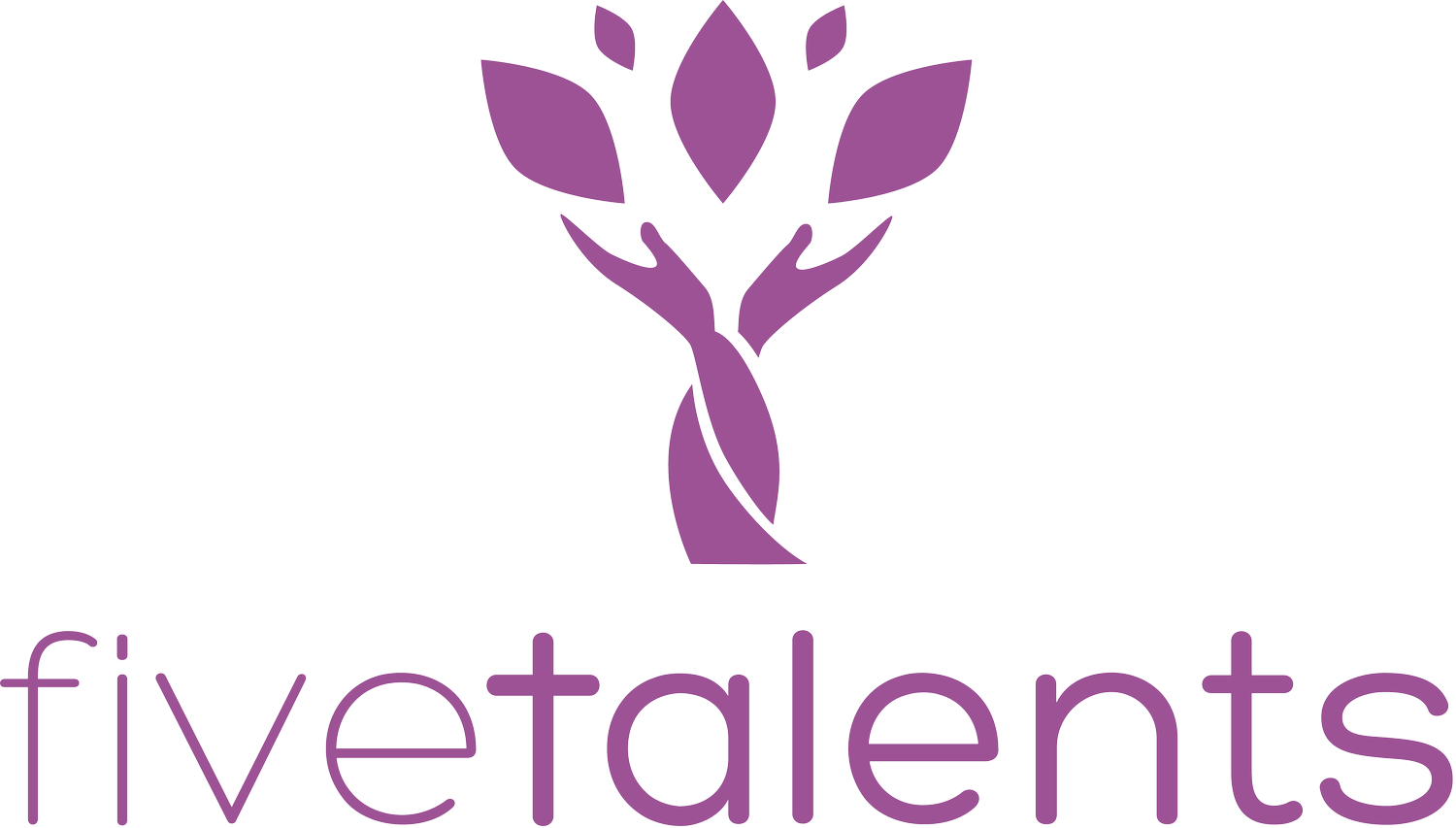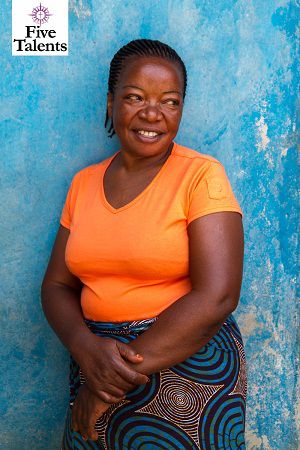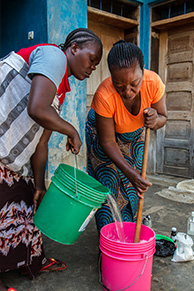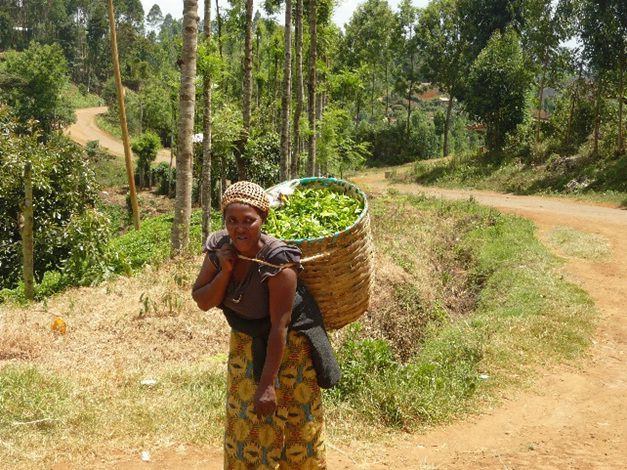If you were to ask 56-year-old Celestina about her life during a visit to the marketplace in Tarija, Bolivia, you would not have to wait long to hear about her children.
She'd probably tell you about her daughter Romina's continuing education.
With a twinkle in her eye, she'd no doubt brag about her grandchildren.
Celestina would also be sure to mention the house she has been building, brick by brick, with the profit from her micro-business. "One day," she says, "I will finish building my house."
Celestina's house is a great picture of what happens when a woman or man joins one of Five Talents' programs. When they learn to save money, invest loan capital in a micro-business, and participate in training workshops, their whole household is transformed.
Children are able to attend school. Extended family and friends benefit, as the group member's new knowledge trickles down into the community. Often, the household's living conditions improve as well – there's more food and better shelter.
Over time, an entire family's life begins to change – little by little, brick by brick.
Your donations, prayers and advocacy are the bricks that build the house of transformation.
When Celestina found Five Talents and our partner organization in Bolivia, Seeds of Blessing, she had already launched several micro-enterprises.
Celestina had first sold bread before moving on to corn. For a while, she was earning a decent profit from the micro-enterprise and began using some of that profit to build a house. But then unexpected costs began stealing from her profits. She'd not yet learned to save, and so her work on the house stalled. Worse yet, she no longer had money to invest in her business.
"I was worried because I needed to increase my capital in order to have more profit," Celestina said.
In desperate need of a loan, she turned to Five Talents and Seeds of Blessing.
When someone like Celestina joins a savings group, your donations help to provide loan capital, a safe place to save, and training in core business skills. In Celestina's case, an initial loan of $40 helped her to get the business back on track.
"The group gave me a loan, and with it I bought things that I needed," she said. "Now, I am selling more items, including corn, chilies and peanuts, and with what I earn I can finish building my house."
The impact of your support, however, extends far beyond the direct beneficiary, and this is part of what makes Five Talents unique.
Women like Celestina are not just getting a one-time loan, paying it back and going on with life. They are joining a community whose support and training inevitably trickles down into the lives of family and friends.
One of those in Celestina's life who has been impacted is her daughter Romina.
"I really admire my mom because she works very hard to build the house -- she wants the best for her family," Romina said. "She wakes up early to go to the market to sell, and she goes to bed late because we have to cook the corn and prepare the vegetables."
In fact, it's because of Celestina that Romina decided to join a savings group. She has now become a reliable partner in her mom's business.
"When I had my baby, she supported me a lot. She wants me to continue studying, and learn to be a good mom," she said. "Now, I go with her to the market to sell, and some days she stays at home to rest.
"She has been a good teacher to me. She always tells us that we should save and that we don't need a lot of money to begin a business. I give thanks to God because she is a great mom."
Little by little. Brick by brick. Such is the pace of transformation in towns like Tarija, Bolivia. But that transformation is real – and it extends across generations.
There are individuals like Celestina in every one of our programs.
Some have already been working hard at income-generating activities but need the boost of a low-interest, micro-business loan. Some lack training and support and need mentoring. All have family members and friends who are depending on them.
Little by little, brick by brick, households are being transformed – thanks to friends and supporters like you.
Please prayerfully consider making a donation today and help more women like Celestina.

























